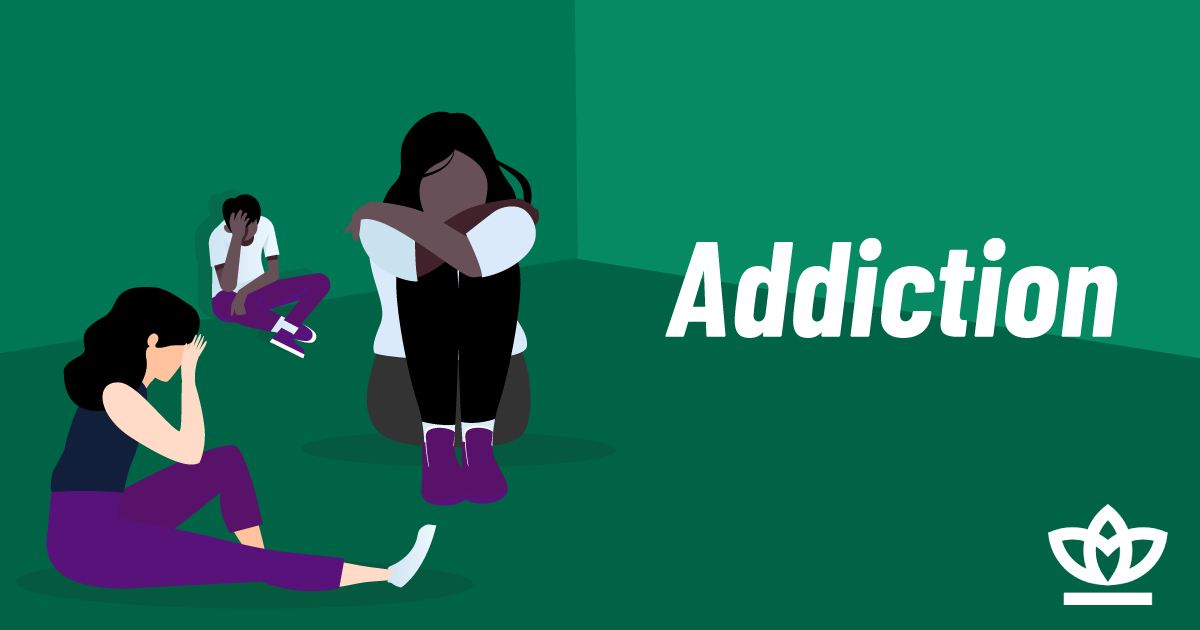
1. Addiction is a complex disease: Addiction is a chronic and relapsing brain disorder characterized by compulsive drug or substance use despite harmful consequences. It is not a sign of weakness or lack of willpower. Addiction affects the brain's reward system, leading to changes in behavior, decision-making, and self-control.
2. Addiction can affect anyone: Addiction can impact individuals from all walks of life, regardless of age, gender, socioeconomic background, or cultural group. It is not limited to illegal substances but can also involve legal substances like alcohol, prescription medications, or even behaviors like gambling or gaming.
3. Early intervention is crucial: Identifying and addressing addiction early can significantly improve outcomes. Early intervention can help prevent the progression of addiction, minimize harm, and increase the likelihood of successful treatment and recovery.
4. Addiction is treatable: Addiction is a treatable condition, and recovery is possible. Treatment approaches may vary depending on the substance or behavior involved and the individual's specific needs. Comprehensive treatment often involves a combination of medication, counseling, behavioral therapies, and support groups.
5. Medications can aid recovery: Medications can play a vital role in addiction treatment. They can help manage withdrawal symptoms, reduce cravings, and normalize brain function, increasing the chances of successful recovery. However, medication-assisted treatment should always be part of a comprehensive treatment plan and closely monitored by a healthcare professional.
6. Behavioral therapies are effective: Behavioral therapies, such as cognitive-behavioral therapy (CBT), motivational interviewing, and contingency management, are highly effective in treating addiction. These therapies help individuals understand and change their thoughts, attitudes, and behaviors related to substance use, develop healthier coping strategies, and build resilience.
7. Supportive environments are important: Creating a supportive environment is crucial for successful recovery. This may involve engaging in positive social networks, seeking support from family and friends, participating in support groups (such as Alcoholics Anonymous or Narcotics Anonymous), or undergoing residential or outpatient treatment programs.
8. Relapse is a possible part of the recovery process: Relapse is not uncommon during the recovery process. It is essential to view relapse as a setback rather than a failure. Relapse can provide valuable insights into triggers and areas that need further attention in treatment. It's important to seek help and support promptly to get back on track.
9. Dual diagnosis and co-occurring disorders: Many individuals with addiction also have co-occurring mental health disorders, such as depression, anxiety, or post-traumatic stress disorder (PTSD). Addressing both the addiction and the co-occurring disorder is crucial for successful recovery. Integrated treatment approaches that target both conditions simultaneously tend to yield better outcomes.
10. Recovery is a lifelong journey: Recovery from addiction is a lifelong journey. It requires ongoing commitment, support, and maintenance. It's essential to develop healthy coping mechanisms, practice self-care, manage stress, and engage in activities that promote overall well-being.
Remember, these points are for informational purposes and are not a substitute for professional medical advice. If you or someone you know is struggling with addiction, please consult a qualified healthcare professional or addiction specialist for an accurate diagnosis and appropriate treatment.

